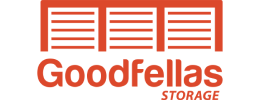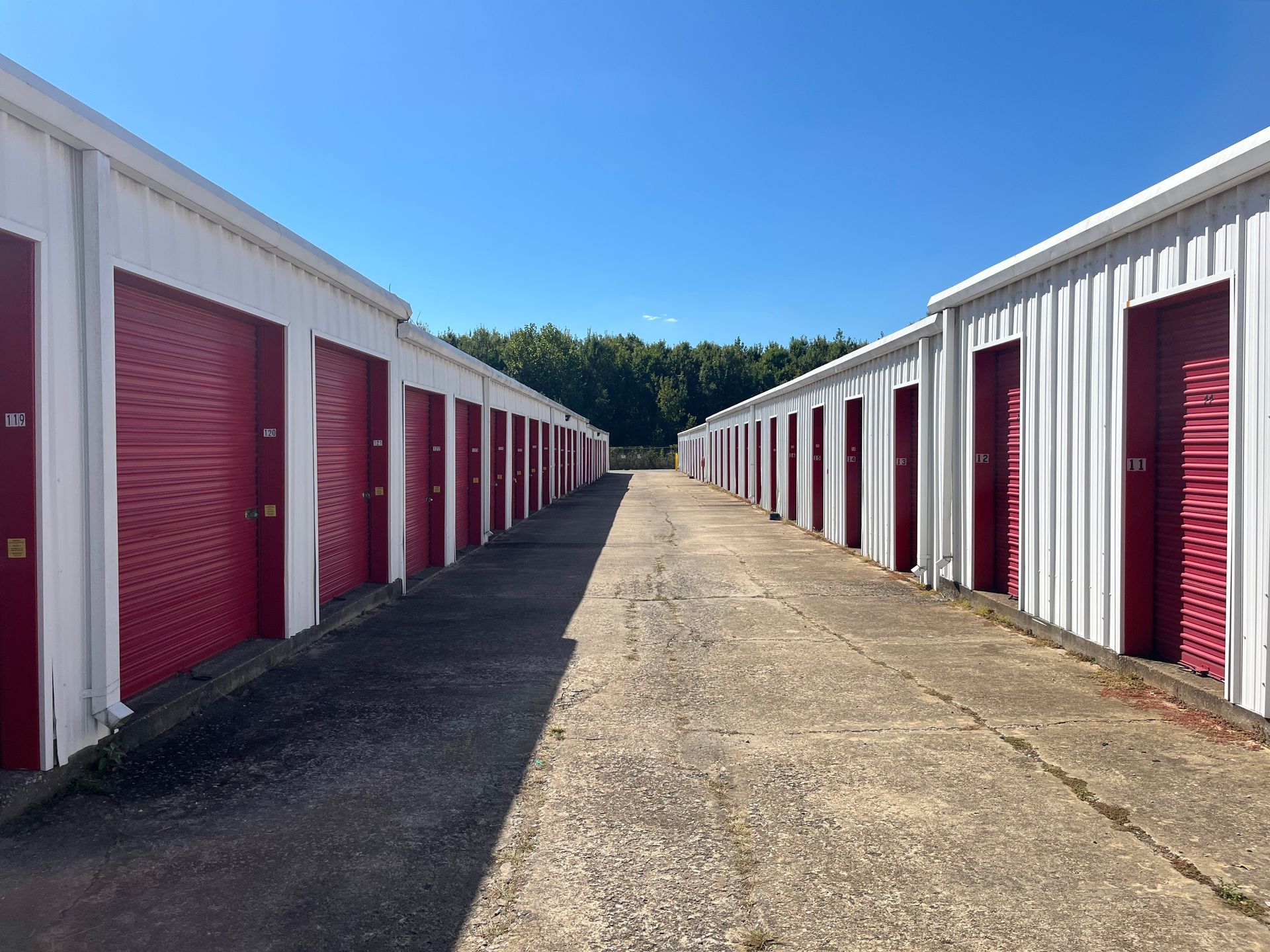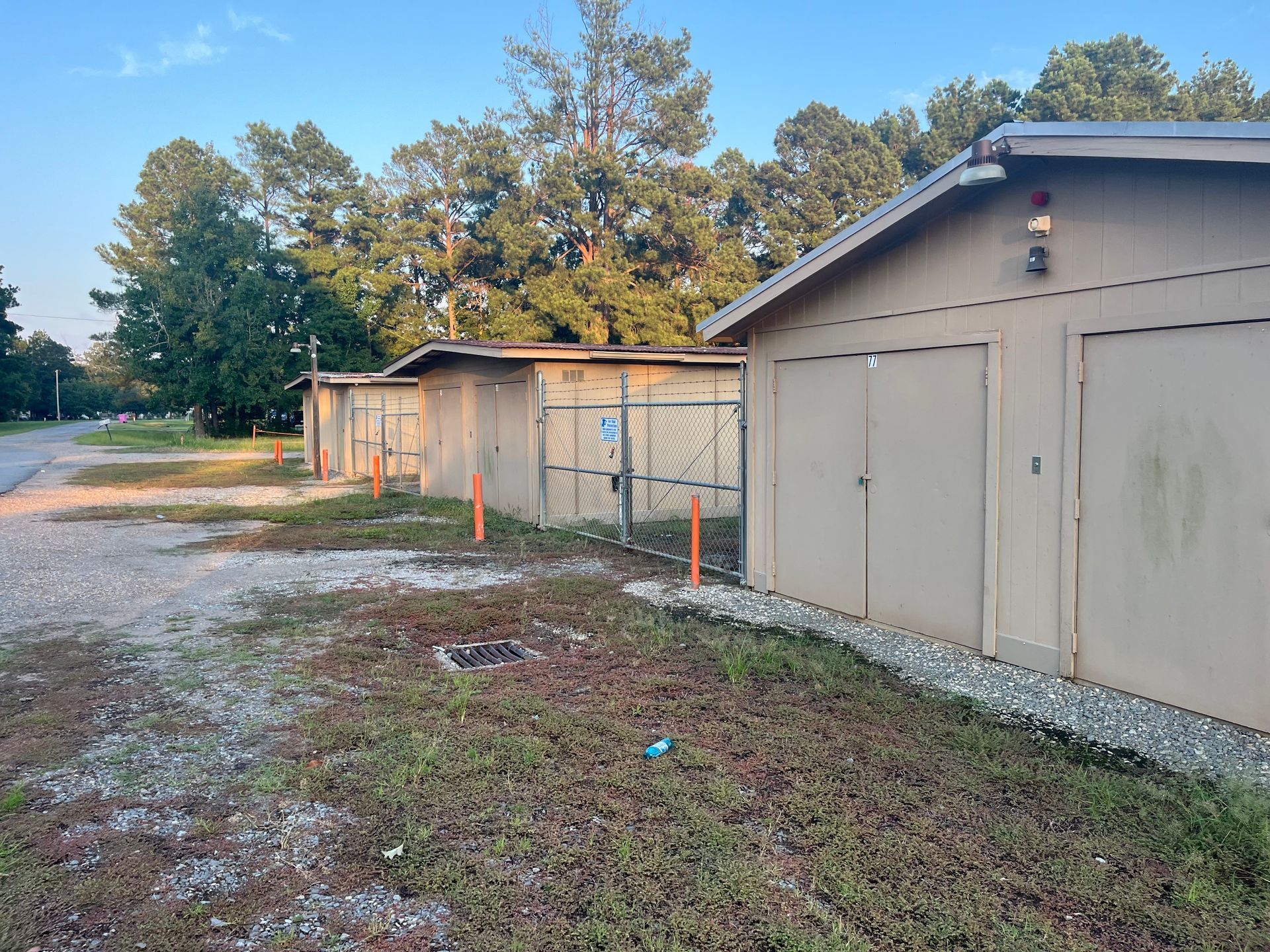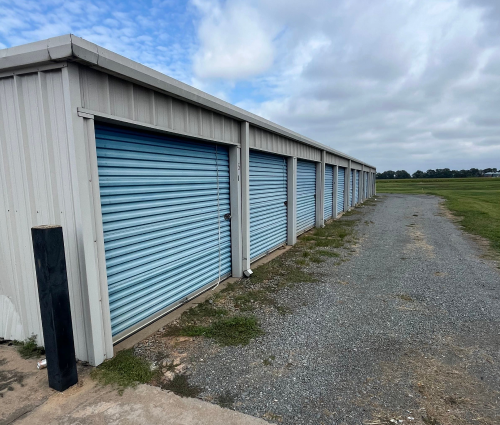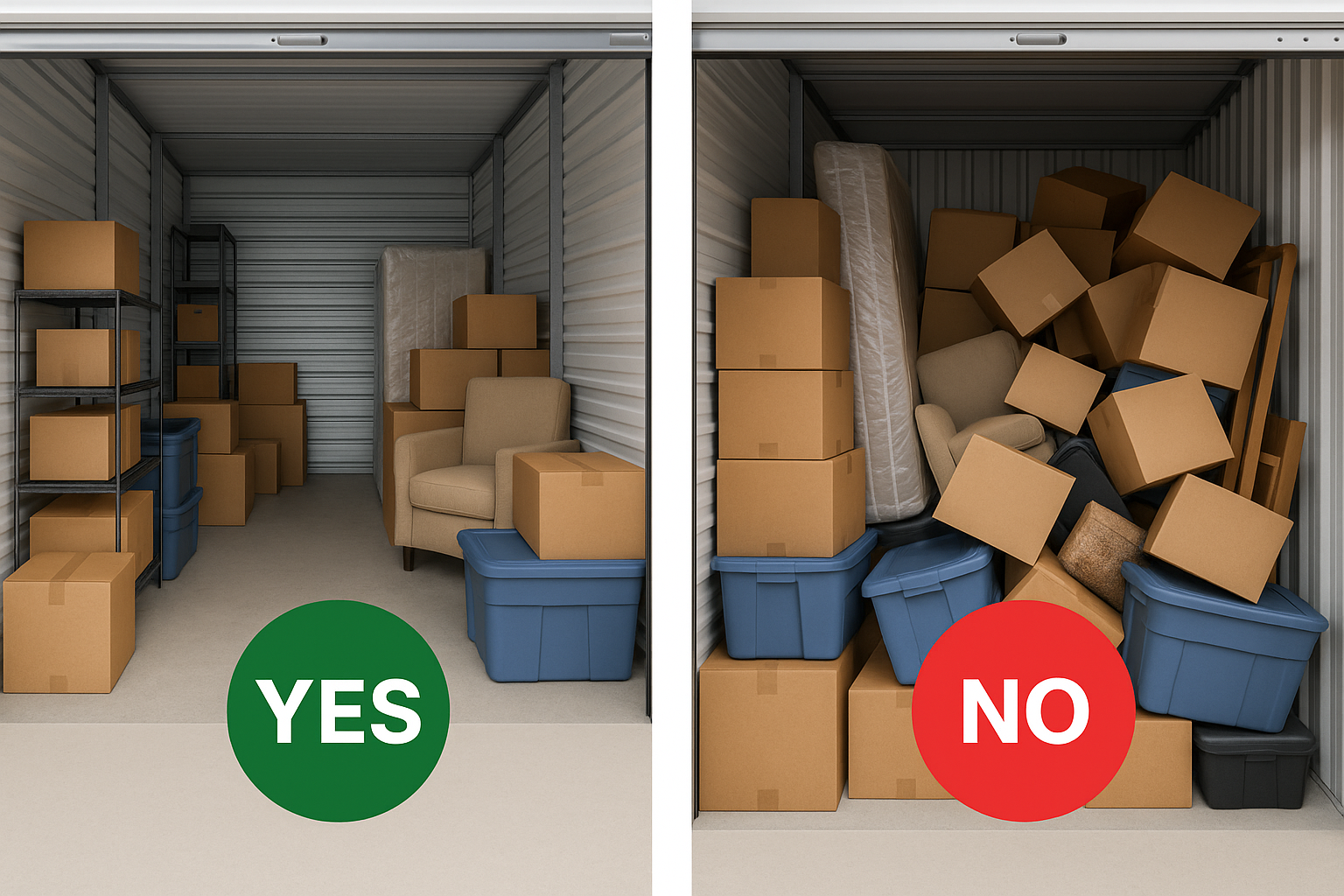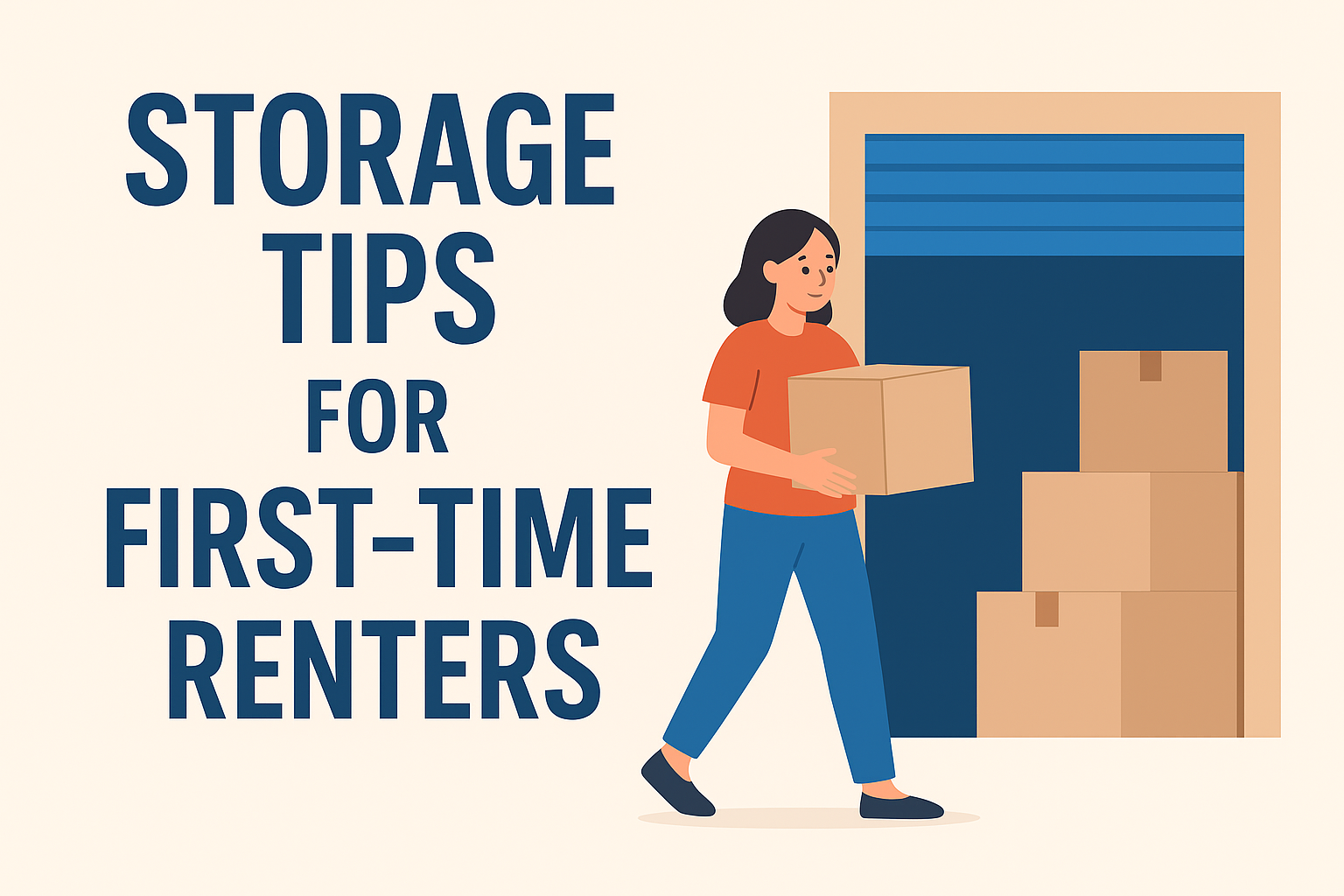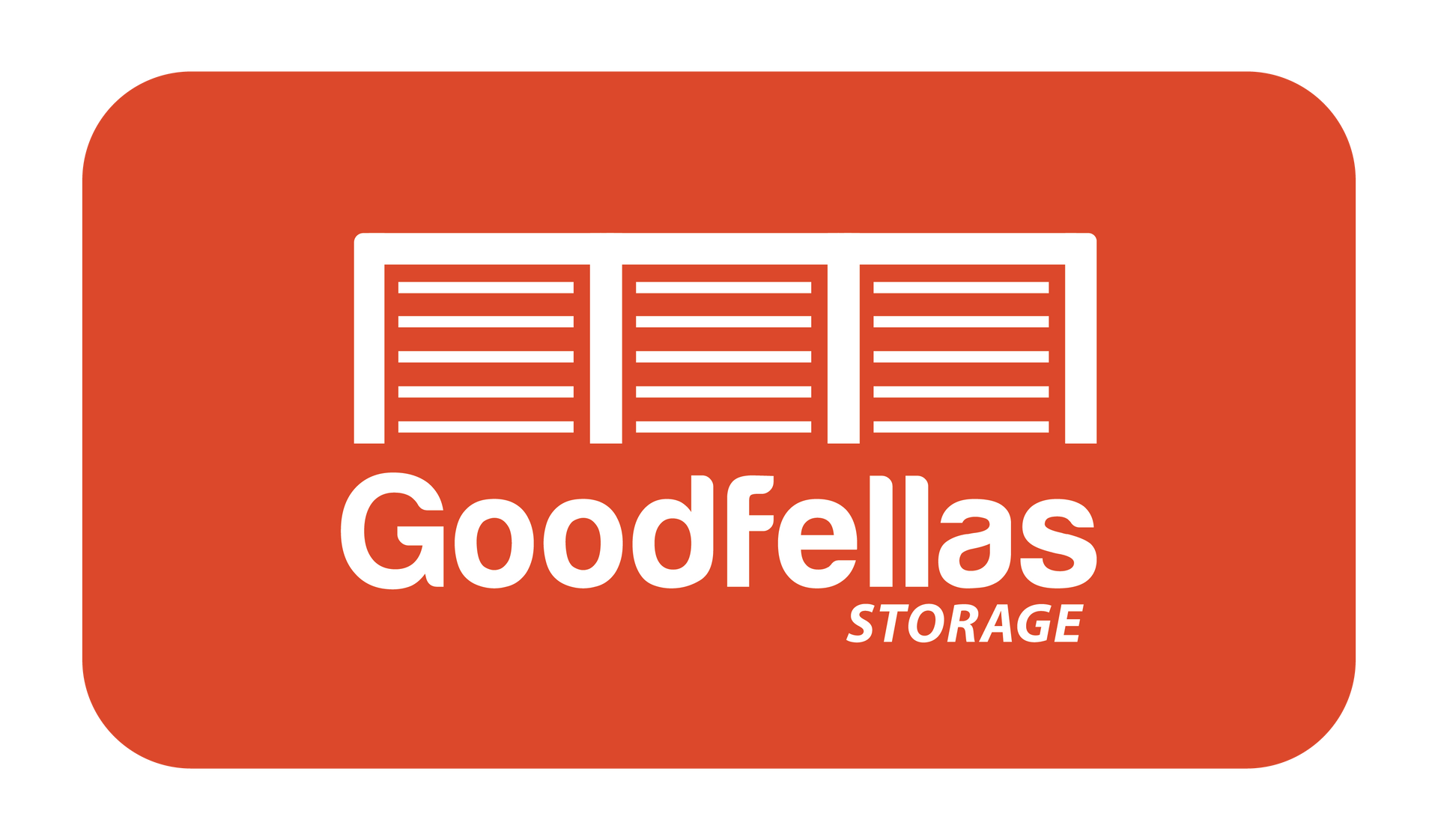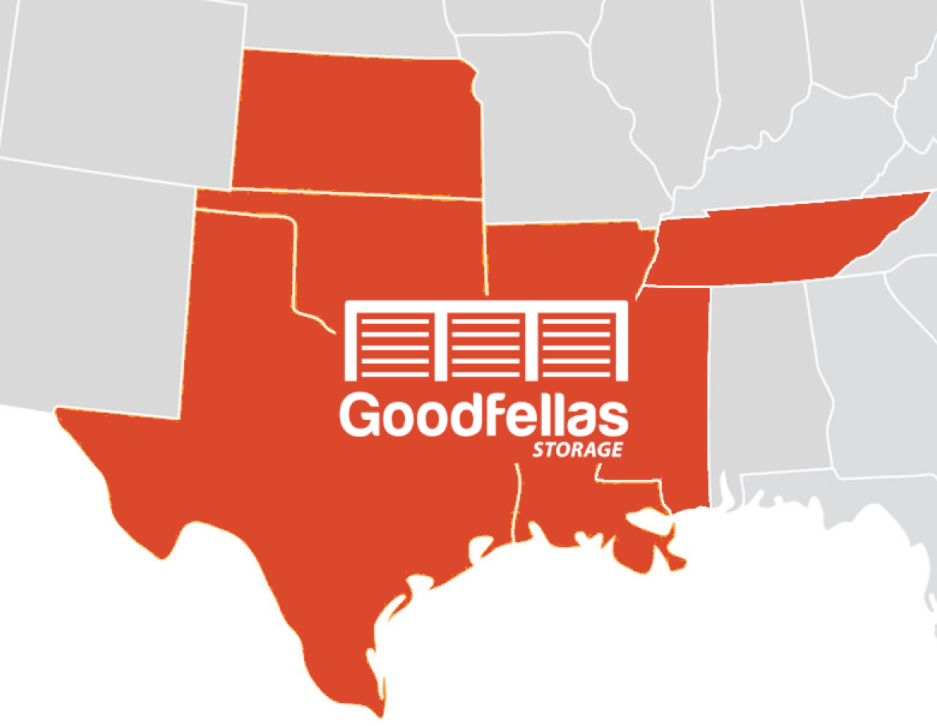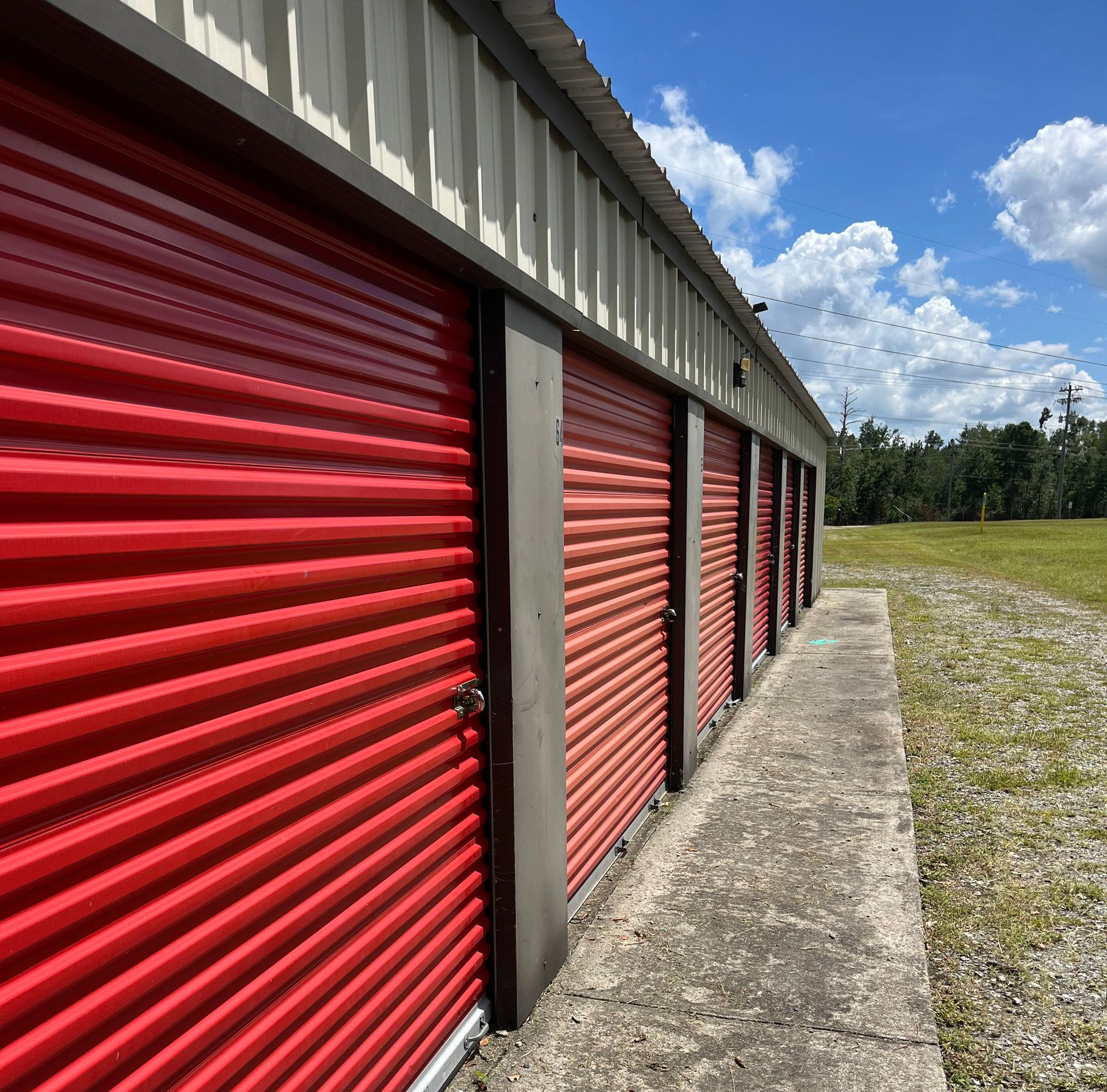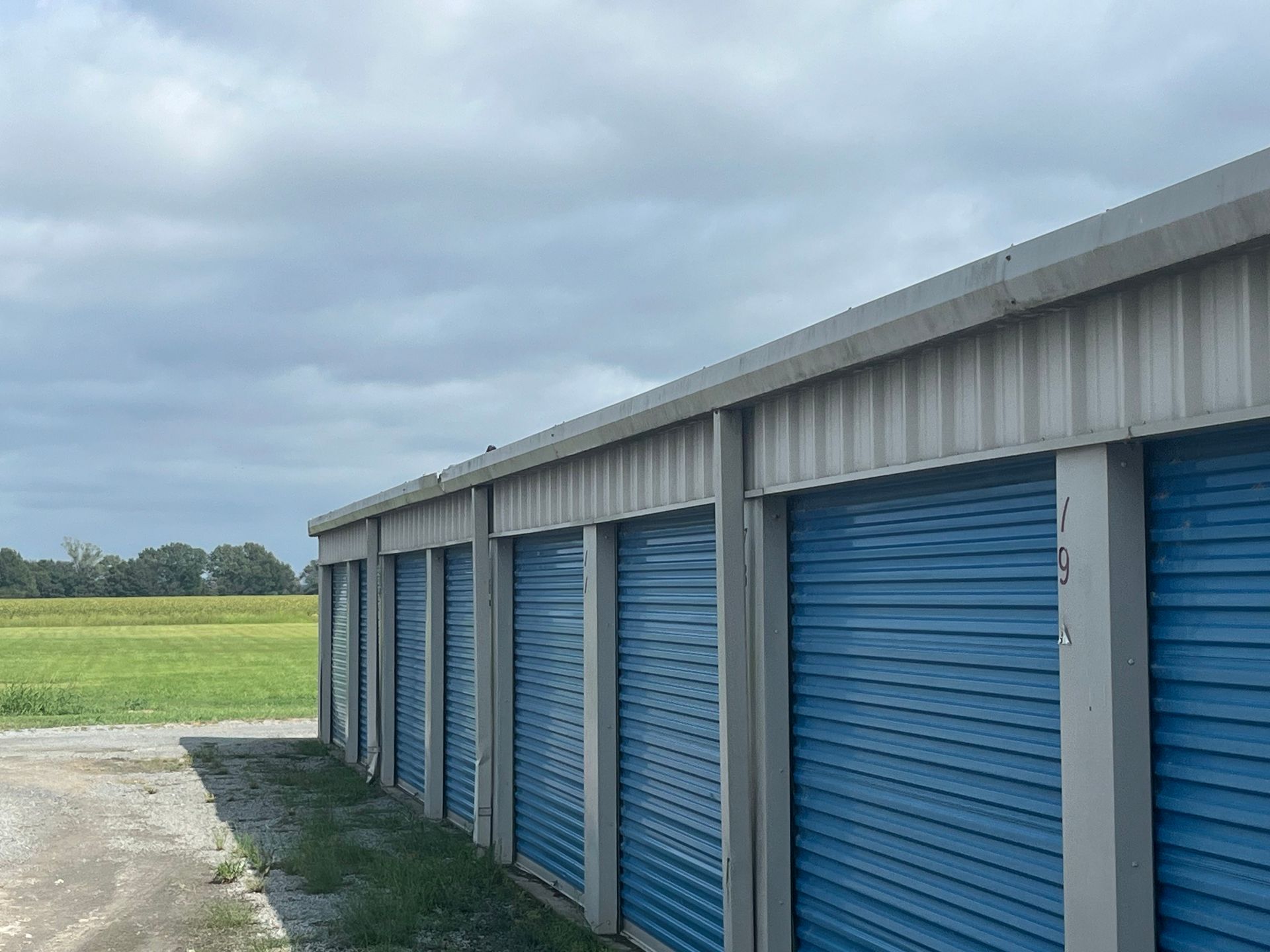What NOT to Store in a Self Storage Unit
From perishables to priceless heirlooms, here's what you should never put in storage—and how to protect your items the right way.

Self storage is one of the most convenient ways to declutter, downsize, or temporarily stash your belongings during a move. But not everything belongs behind that roll-up door. Whether you're a first-time renter or a seasoned self-storage user, knowing what not to store is just as important as knowing what you can.
In this guide, we’ll explore the top categories of prohibited or risky items, explain why they’re off-limits, and share smarter alternatives—especially if you want your storage experience to be safe, legal, and stress-free.
1. Perishable Food and Beverages
Why It’s a Problem
Food and beverages may seem harmless, but they attract pests like rodents, cockroaches, and ants—turning your unit (and neighboring units) into a potential infestation zone.
Common Mistakes
- Storing canned goods for long-term emergency prep
- Leaving forgotten snacks in boxes from the pantry or kitchen
- Packing up half-used bottles of condiments or wine
Safe Alternatives
If you’re storing food temporarily for a move, look for a climate-controlled unit and limit storage to sealed, non-perishable, unopened items—but only if your facility allows it. Otherwise, donate or discard perishables.
2. Living Things: Plants, Animals, and People
Yes, This Includes Plants
Plants need sunlight, air, and water—all of which are in short supply inside a locked storage unit. Plus, like food, plants attract pests.
Obvious but Necessary: No Animals or People
It’s illegal and unsafe to house animals (alive or deceased) or to live in a storage unit yourself. Storage units aren’t zoned for habitation and have no ventilation, electricity, or sanitation.
3. Flammable, Explosive, or Hazardous Materials
Examples of Prohibited Materials
- Propane tanks, lighter fluid, gasoline
- Fireworks or ammunition
- Paints, solvents, cleaning chemicals
- Batteries (especially lithium-ion in bulk)
Risks and Regulations
These materials pose serious fire hazards, and storing them may violate fire codes, insurance policies, or even federal law (OSHA or EPA guidelines). Even a small leak can ignite a catastrophe.
What You Can Store Instead
You can usually store empty, cleaned containers that once held hazardous materials—but always check with your facility. For batteries, recycle or dispose through certified e-waste programs.
4. Illegal or Stolen Goods
What This Covers
- Stolen property
- Illegally obtained weapons
- Counterfeit goods
- Unlicensed drugs or pharmaceuticals
Storage facilities routinely cooperate with law enforcement, and some conduct random audits or visual checks. Using your unit for criminal purposes can result in eviction, loss of your belongings, or arrest.
5. Unregistered or Inoperable Vehicles
Know Before You Park
Most storage facilities offer vehicle storage, but your car, motorcycle, boat, or RV must typically:
- Be registered in your name
- Have current tags
- Be insured
- Be operational (can’t be towed in and left to rot)
What Not to Do
Don’t try to use your unit as a long-term junkyard. If you plan to store a vehicle, always read your facility’s vehicle storage policy first. Learn more on our Locations page to see where we offer boat and RV parking.
6. Cash, Jewelry, and Other High-Value Items
It’s Not About Legality—it’s About Risk
While technically allowed, storing cash, gold, or high-end jewelry in a storage unit isn’t recommended unless:
- The unit is climate-controlled
- You’ve added third-party insurance
- You’ve reviewed Tenant Protection options
Better Alternatives
Use a bank safety deposit box or home safe for irreplaceable items. Storage insurance may not cover cash or collectibles, so read your policy carefully.
7. Sensitive Documents and Data
Paper Isn’t Always Safe
Storing old tax returns, medical records, or business files might seem smart—until they get damaged by moisture or attract identity thieves.
For Digital Devices
Laptops, hard drives, and servers may degrade in non-climate units and are often excluded from basic coverage.
Best Practices
- Store documents in plastic, waterproof containers
- Use digital backups
- Choose climate-controlled storage
- Explore data insurance or secure shredding for disposal
8. Weapons and Ammunition
Storage Varies by State and Facility
Some states allow certain firearms to be stored if they’re unloaded, registered, and properly secured—but most facilities prohibit all weapons and ammo outright.
Why It’s Risky
- Increases liability
- Attracts theft
- May void your lease
- Creates a legal gray area during audits or incidents
Check your facility’s specific firearms policy and consider a licensed gun safe or firearms vault instead.
9. Scented or Open Toiletries
Scent Can Attract Pests
Items like candles, lotions, perfumes, or soaps may seem harmless—but if they’re scented or left open, they’ll attract rodents and insects.
What’s Allowed
You can typically store sealed, unused toiletry products—especially if they’re double-packed. Avoid anything that melts or evaporates easily in heat.
10. Anything That Needs Electricity or Regular Maintenance
Storage Units Are Not Mini Garages
Don’t store electronics that require periodic charging, climate regulation, or data wiping. This includes:
- Aquariums or fish tanks
- Refrigerators/freezers (especially plugged in!)
- Backup servers or smart devices
- Rechargeable tools and e-bikes (fire risk)
If it needs to be monitored or powered, it doesn’t belong in self storage.
11. Art, Antiques, or Irreplaceable Heirlooms (Without Extra Protection)
Not Illegal—But Highly Discouraged
Valuable paintings, antique furniture, or rare memorabilia can warp, crack, or decay in non-climate units. Dust and humidity are enemies.
If You Must Store Them
- Use climate control
- Wrap in acid-free, breathable materials
- Add specialized insurance coverage through our Tenant Protection
12. Anything Not Approved in Your Lease Agreement
Before you move in, read your lease closely. Some facilities ban seemingly harmless items like tires, generators, or even musical instruments depending on local ordinances or insurance policies.
When in doubt, ask.
Conclusion: Smart Storage Starts with Knowing the Rules
Storage units offer flexibility, affordability, and peace of mind—but only when used properly. Avoiding prohibited items helps protect your belongings, keeps your neighbors safe, and ensures you stay in good standing with your storage provider.
Still unsure about what’s allowed? Visit our Contact Us page or call your nearest location on our Locations page. Our team is always ready to help you store smarter.
FAQs: What NOT to Store in a Storage Unit
Q: Can I store household cleaners like bleach or Windex?
A: Most household cleaners are prohibited unless they’re sealed and stored in small quantities. However, we recommend against storing any strong chemicals or flammable substances in your unit.
Q: What happens if I store something prohibited?
A: If prohibited items are found during inspections or cause damage, you could face eviction, lose your stored items, or be held liable for damages. Always read your lease and ask if you’re unsure.
